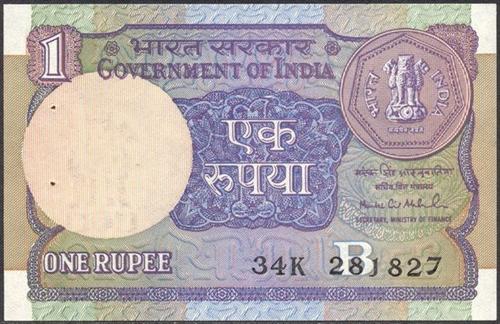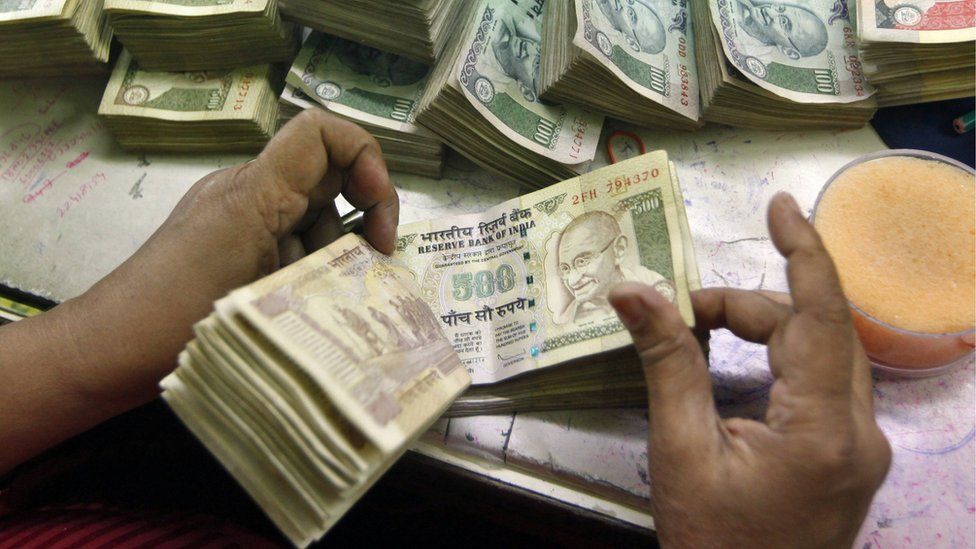

Given interest rates are close to zero in the US, higher interest rates in developing countries give a significant incentive to move money and savings there. Hot money flows occur when banks and financial institutions move money to other countries to take advantage of a better rate of return on saving. Higher interest rates would attract some ‘ hot money flows‘. Therefore, there is only limited scope for selling dollars and buying their own currency. In the case of Russia and Brazil, they only have relatively limited dollar reserves. They do this to keep the Yuan weaker and therefore keep their exports more competitive.

However, China has deliberately decided to use its foreign currency earnings to buy US assets. This flow of money into China would usually cause an appreciation. Currently, China has a large current account surplus with the US. In fact, China could appreciate the value of their currency simply by not buying any more dollar assets. (supply of dollars would rise, and demand for Chinese Yuan would increase) Because China has substantial dollar assets, they could cause a reasonably significant fall in the value of the dollar. If the Chinese sold these Treasury bills and brought back the proceeds to China, this would cause a depreciation in the dollar, and the Chinese Yuan would appreciate. Sell foreign exchange assets and buy their own currencyĬhina has over $1.4 trillion of US government bonds. Supply-side policies to increase long-term competitiveness.ġ.Reduce inflation (make exports more competitive.Raise interest rates (attract hot money flows.Sell foreign exchange assets, purchase own currency.To increase the value of their currency, countries could try several policies. Readers Question: I was wondering, what are some of the policies and possibilities a country can use to increase the value of their currency? Specifically, countries who would be trying to “overthrow” the US dollar like China, India, Brazil, Russia etc. A look at policies a country can consider to increase the value of a currency.


 0 kommentar(er)
0 kommentar(er)
